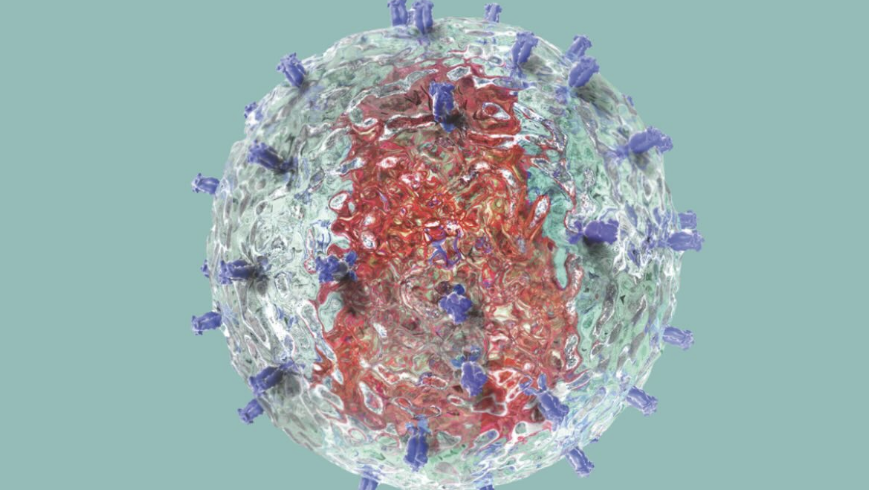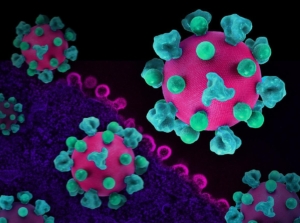
ReiThera starts study on HIV vaccine
Italian biotech company ReiThera srl has commenced safety trials of its experimental HIV vaccine candidate, GRAdHIVNE1, in Harare, Zimbabwe. Developed in partnership with the Ragon Institute at Harvard University, this innovative HIV vaccine targets conserved regions of the viral gag, env, and pol genes to stimulate a robust cytotoxic T-cell immune response.
The first-in-human clinical trial of a consortium build by The Mutala Trust, ReiThera srl , the Ragon Institute is supported by the Bill & Melinda Gates Foundation and sponsored by IAVI. It is conducted across three study centres in Africa, utilising ReiThera’s proprietary gorilla adenovirus (GRAd) vector platform for delivery of HIV antigens. Unlike human adenoviral vectors, GRAd encounters minimal pre-existing immunity in humans, which can otherwise reduce the efficacy of gene-based therapies.
Immune evasion: The vaccine’s immunogen design from the Ragon Institute is specifically engineered to combat the HIV virus’s rapid mutation and immune evasion by focusing on highly conserved HIV epitopes—stable regions less susceptible to mutation—potentially enabling long-lasting protective immunity.
Manufacturing: ReiThera provides both the GRAd vector technology and GMP-compliant manufacturing for this study, which plans to enrol 120 participants, including 48 HIV-positive individuals undergoing antiretroviral therapy (ART). The clinical trial aims to evaluate the safety and immunogenicity of the therapeutic HIV vaccine, with participants receiving one or two doses and monitored over a 19-month period.
Prevention vs Cure: While GRAdHIVNE1 is still in early development stages, the FDA recently approved Lenacapavir, a novel gp41 inhibitor developed by Gilead Sciences and manufactured by Sino Biological, for HIV prevention in the United States. The drug is also approaching regulatory approval in the European Union.
Mode of action: Lenacapavir is a small-molecule HIV capsid inhibitor that disrupts viral replication and assembly with high efficacy (100% and 96%, respectively), outperforming the current daily oral PrEP standard, Truvada. This injectable therapy is administered biannually, improving adherence and patient convenience, and is considered a significant advancement in HIV prevention.
Marketing strategy: Gilead markets Lenacapavir through partnerships with six generic manufacturers. The drug’s annual list price in the US is approximately US$28,000 excluding insurance, while in low- and middle-income countries it is offered at a reduced “not-for-profit” price of around US$100 per year. However, Gilead has announced it does not plan to launch Lenacapavir in Germany, citing current AMNOG regulations which limit reimbursement due to the anticipated lack of demonstrated additional benefit under German health technology assessment criteria.
Market outlook: Analysts estimate that Lenacapavir, Gilead Sciences’ twice-yearly injectable for HIV prevention, could achieve a market potential of approximately US$2.1bn by 2031. This projection, attributed to RBC Capital Markets, reflects growing expectations for long-acting HIV prophylaxis therapies. Other analysts, including Mizuho Securities, suggest that global peak annual sales could exceed US$4 bn. The therapeutic profile of Lenacapavir — offering biannual dosing and high efficacy — positions it as a strong contender within the evolving HIV prevention landscape


